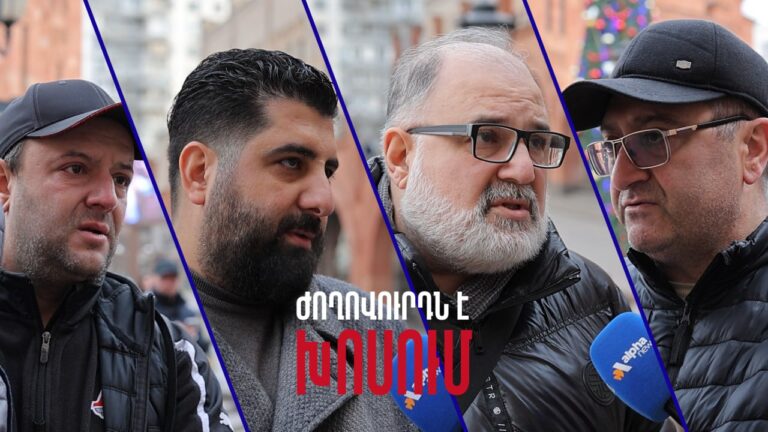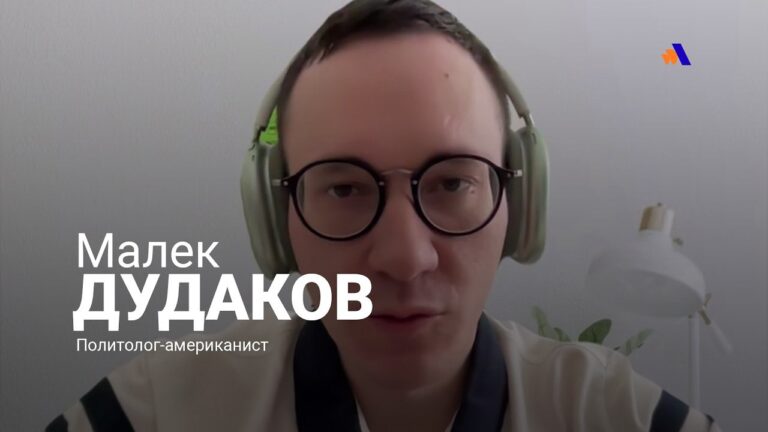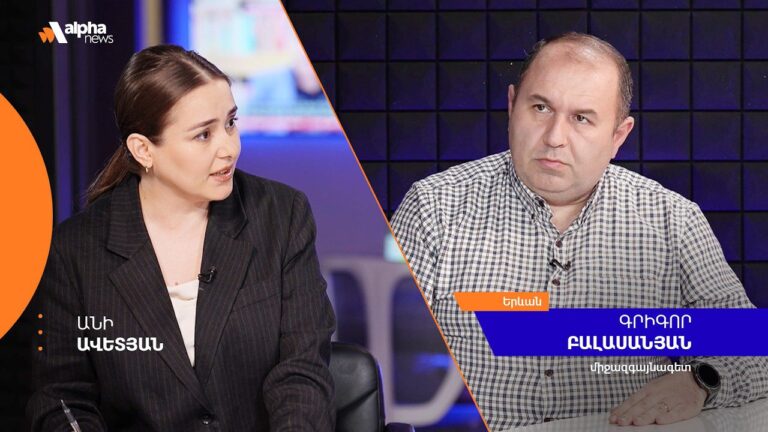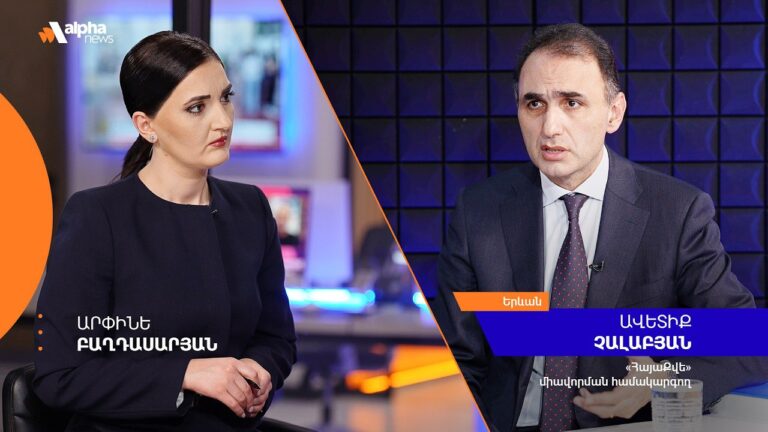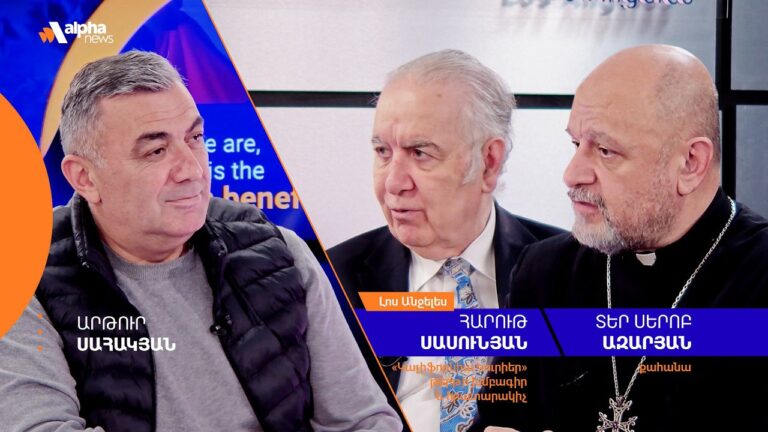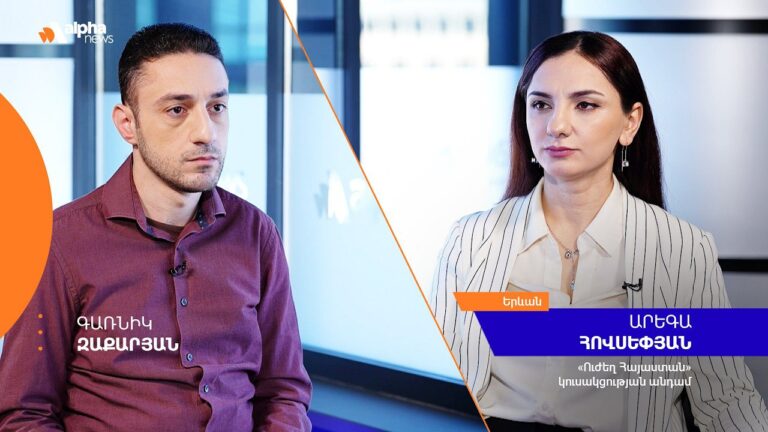US told Yerevan not to cut ties with Moscow as it will not be able to help us as before – Philippe Raffi Kalfayan
November 28 2024, 15:30
Philippe Raffi Kalfayan, PhD in International Law, Associate-Researcher at Paris Pantheon-Assas University, former Secretary General of the International Federation for Human Rights, told Alpha News that the forcibly displaced Artsakh people should continue their fight in international courts for their right to self-determination.
According to Philippe Raffi Kalfayan, part of this fight is Armenia’s lawsuit against Azerbaijan, submitted to the UN International Court of Justice on September 28, 2023, in which the Armenian side represents the rights of the Artsakh Armenians.
In that case, on November 17 of that year, the court applied an interim measure against Baku, according to which Azerbaijan is obliged to ensure the Artsakh Armenians’ right of return. The country must ensure the safety of the Armenians remaining in Artsakh, i.e. the Armenians must be able to live there without the threat of force. Azerbaijan is also obliged to protect and preserve the documents and registers of identity cards and personal property.
“Today it is important to bring this case to a conclusion, to a final verdict. The parties have one year to prepare a memorandum before the court. During this year, I invite the people of Artsakh to get involved in this case because they do not have the right to defend their rights directly, so they should be able to convince other states to defend their principles. The Artsakh people must defend their rights regardless of the decision of the Armenian government, because if tomorrow suddenly the government drops this lawsuit, the case will end without a final verdict, which is a very dangerous step in terms of the rights of the Artsakh people. In parallel, it is necessary to work with other states to protect the right of the Artsakh people to self-determination,” Kalfayan said.
In addition to protecting the rights of more than 100 thousand forcibly displaced Artsakh people, there is also the problem of Armenian prisoners. It is officially confirmed that there are 23 Armenian captives in Azerbaijan. The Armenian side failed to secure their release even within the UN climate conference COP29 held in Baku for the past two weeks.
“Azerbaijan will hold the Armenian captives as hostages until the peace agreement it wants is worked out. I do not think these captives will be released until there is that peace agreement. The demand for the release of the captives should have been a precondition in the Armenian-Azerbaijani peace talks. This is a matter of national honor,” he stressed.
Commenting on the “peace” process between Yerevan and Baku, Kalfayan noted that Baku’s goal is to get a “corridor” through Syunik, not a peace agreement, and that he does not believe that this document would be signed in the near future. According to Kalfayan, Baku and Ankara want to get a road from Armenia, the control of which will be in their hands.
“Although Nikol Pashinyan denies it, the November 9 trilateral declaration clearly states that the so-called corridor should be under the control of Russian forces. The Russian side prefers to keep control over this ‘corridor’ because otherwise there is a danger that Turkey and Azerbaijan will be in control, which Iran opposes. But there is also the West, which prefers this ‘corridor’ to be either under Armenian control or under the control of Turkey and Azerbaijan. The West does not want Russia to control this route,” the international legal expert said.
Commenting on the option of involving a private security company on the Nakhichevan-Syunik-Azerbaijan route, announced by Armenian Foreign Minister Ararat Mirzoyan, the expert noted that a private company cannot exercise control on the sovereign territory of a state.
“Those who talk about private companies mean money. These firms are in demand where there is money. How can they choose a firm that can remain neutral? It is impossible; there will be a lot of pressure from all sides,” he said.
Kalfayan also pointed out two factors in Armenian-Russian relations by which Armenia is firmly bound to Russia. According to him, the first factor is economic. If today Armenia, which is economically very dependent on Russia, suddenly decides to change its foreign policy towards the West, it will cause huge damage to its economy.
“It is hard to imagine that the European Union or the United States will be able to replace Russia, because they have nothing to gain from us; the criteria are very different,” the expert said.
The second factor is security, through which Armenia and Russia are also linked to each other, both in bilateral relations and within the CSTO. At the same time, Kalfayan underscored that Armenia does not have any agreements with the West.
“There are no security guarantees. And even if there were, it would take a long time. Besides, the US said several times, ‘We are ready to help you strengthen your security and prepare your army, but don’t cut ties with Russia.’ This was a very serious and sincere signal that it would not be able to help us as before. Everyone here is talking about France, thinking that it will help. But this is unrealistic. France has too many problems, both internal and external, that it does not Everyone here is talking about France, thinking that it will help. But this is unrealistic; France has too many problems, both internal and external, so you should not think that it is ready to take on this role,” Kalfayan concluded.

